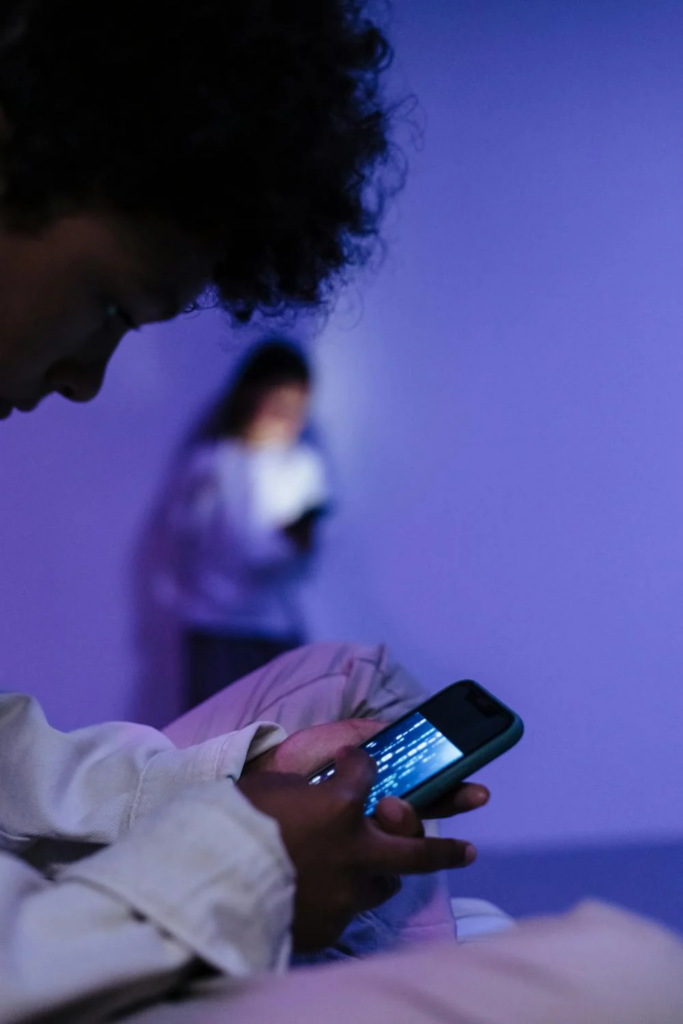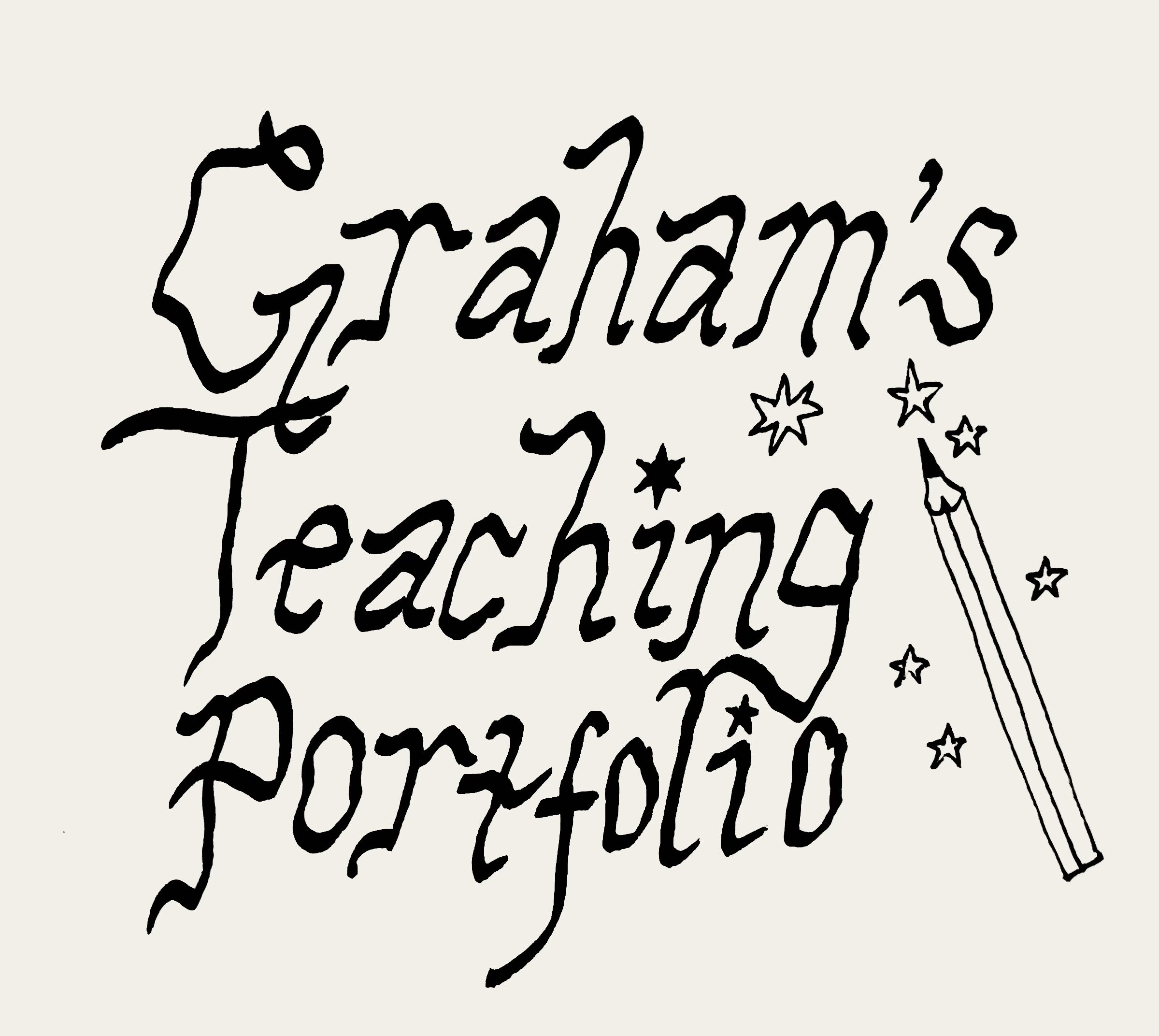(Response to Prompt #3: Your experience with social media)

My experience with social media has been fairly minimal compared to many of my peers. I got my first phone when I was fourteen years old, and had never owned a piece of digital technology before. My parents still have never used social media, so growing up it was very foreign to me. Even as an adult who grew up in the age of social media, I still don’t feel very internet literate. Part of this is by choice, because enough hours wasted watching funny cat videos made me feel as if I’d hit rock bottom. I used to get so distracted by social media that it disrupted my life in small ways: I’d find myself staring until my eyes got dry or ignoring my body’s signals to sleep so I could watch another thirty second tutorial on making the best sourdough bread.
When I recently downloaded Snapchat again to join an EKTEP group chat, I hoped I had the willpower to resist the dark intrigue of the internet this time. I did not. I spent an hour flipping through clips of things I don’t actually care about, and by the end I had learned nothing. I also messed my back up by awkwardly hunching over my phone, perfectly still, while I bombarded my brain with media. I was so consumed by it that my brain diverted the pain signals to the spam folder, and I wasn’t in touch with my physical body until I put the phone down. The real kicker is that while I spent an hour scrolling, I only spent about three minutes talking with my classmates- and it all could’ve taken place over text.

Now this might be an extreme example to some, but others with ADHD (and many without) can likely relate. The years I’ve spent without using social media, my knowledge of attention economics, my self-awareness, all felt unavailable to me as soon as I was plugged back in, and I was back doing what I was doing at fourteen. I know my neurotype predisposes me to distraction online, but in my experience it doesn’t seem any level personal effort removes the glaring issue that social media is addictive by design.
On the other hand, I have learned some things from social media. Instagram let me listen to people of diverse beliefs and backgrounds, and I needed that growing up in an overwhelmingly white middle-class neighbourhood in what I’ve been told is B.C.’s most conservative riding. Instagram sparked my engagement in politics as a teen, and provided me with directions to podcasts, authors, scholars, and activists that I still learn from today. I learned about my Queer identity through social media and was shown positive role models I still look up to and feel inspired by.

Instagram showed me the nitty-gritty details of the active struggles between marginalized groups and their oppressors around the world and in my own city. More importantly, it got me out at protests, voting in every election (yes, even school board), sitting at city hall, confronting my bosses, all that good stuff. But in between all that good stuff, I was up late defending issues that shouldn’t be up for debate against people who didn’t care and weren’t ready to listen. I was also up late watching funny cat videos. The amount of hurtful and even dangerous ideas about Queer people, not to mention every other marginalized group, is overwhelming on social media and it left me burnt out and sad. So I choose to learn in other ways, consume different media for entertainment, and make my social connections without the internet.
